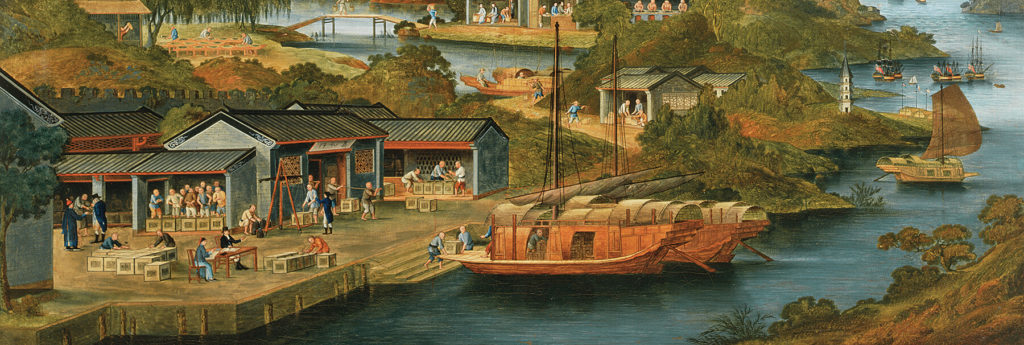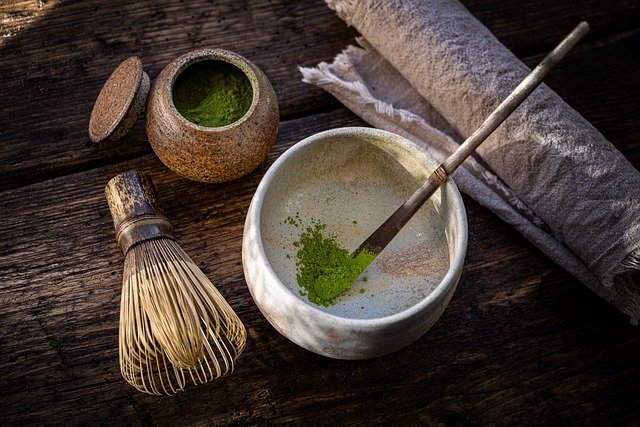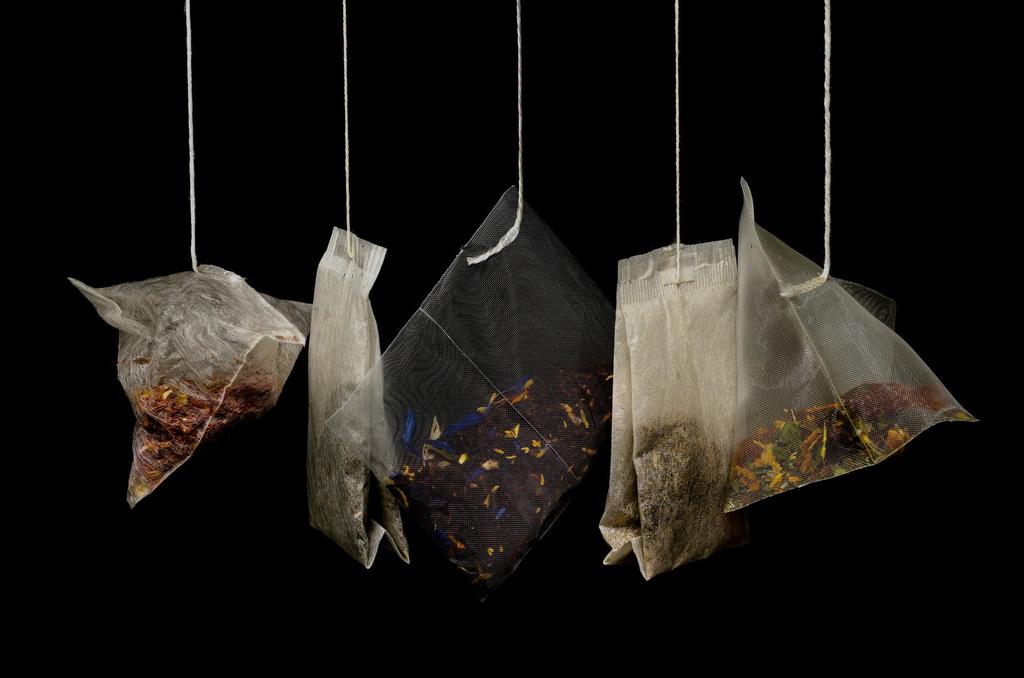By Eleni Papageorgiou,
Have you ever wondered why tea is the second most preferred beverage around the world after water? Why tea has become a lifelong addiction for almost 80% of Americans, British, Chinese or Indians? Well, the answer goes back centuries ago, when tea was first discovered in China.
According to a legend in 2737 BC, the Chinese emperor Shennong was sitting beneath a tree while his servant was drinking boiled water when some leaves from the tree blew into the water. The emperor decided to try the accidentally created infusion – which he liked a lot – and the result was the establishment of tea drinking. It is impossible to know if there is any truth in this story, but what we do know for sure is that containers for tea have been found in tombs dating from the Han dynasty (206 BC-220 AD). Nevertheless, it was under the Tang dynasty (618-906 AD) when tea became the national beverage of China. It was shortly after this that tea was introduced to Japan by Japanese Buddhist monks, who had traveled to China to study and meditate. Since then, drinking tea has entered the Japanese culture, with the tea ceremony being a vital part of it. In the late half of the 16th-century, Portuguese traders and missionaries living in the East would bring back samples of tea to their country, but they did not ship it back as a commercial import. This happened with the Dutch traders who established a trading route through Java and shipped tea from China to the Netherlands. It was quite costly, however, so it remained a drink for the wealthy.

The British East India Company had a monopoly on importing goods from outside Europe and sailors on these ships used to bring tea home as gifts. The turning point in the history of tea is the marriage of Catherine of Braganza to Charles II, who established tea as a high society beverage. Taxation was high, the risks from tea smugglers were big, and lots of their problems had to be faced until the leap to the establishment of tea drinking as a beverage for all classes and all tastes.
Teabags were invented in America in the early 20th century, which took off the consumption of tea worldwide. Scientific research indicating that tea drinking has direct health benefits has boosted sales, and enthusiasts today cannot imagine their life without it.
The types of tea are many and new types are constantly becoming known to the general public. First and foremost, the well-known green tea, then the black, and finally the matcha. In every form, it detoxifies the blood, burns fat, relaxes the body from stress, slows down aging, strengthens the immune system, and is a very healthy coffee substitute. However, a cup of matcha tea can contain up to three times more caffeine than the rest. But, why this exact one has become so popular lately?

Although matcha comes from the same plant as green tea, it needs very special cultivation and harvesting process. The tea leaves, after harvest, are sterilized and pulverized. Since the consumption concerns the whole leaf of the tea, it retains its nutritional and antioxidant properties that are stronger. The way it is cultivated and consumed allows it to be full of vitamins and minerals. When one drinks tea, in addition to nutrients, they also drink water. In the case of matcha, the dust of whole leaves is absorbed and that is why it has higher levels of caffeine, but also antioxidants.
Combined with its quality matcha tea has offered “Instagrammable” content to the public due to its color and flavor. In this way, young people increasingly prefer to consume it, influenced by social media. Will Asian culture continue to influence Western culture so positively? Although we cannot predict, the only sure thing is that ancient civilizations hide many secrets and habits of well-being that we must apply as never before.
References
- The History of Tea, tea.co.uk, Available here
- Γιατί τέτοιος χαμός με το matcha tea;, olivemagazine.gr, Available here




